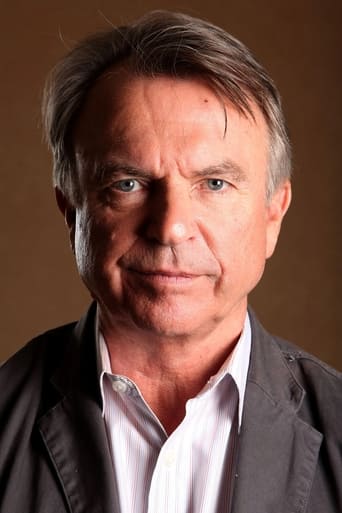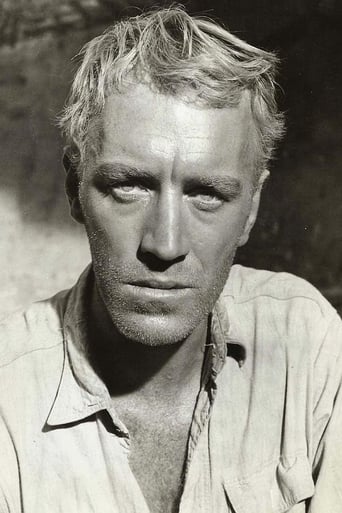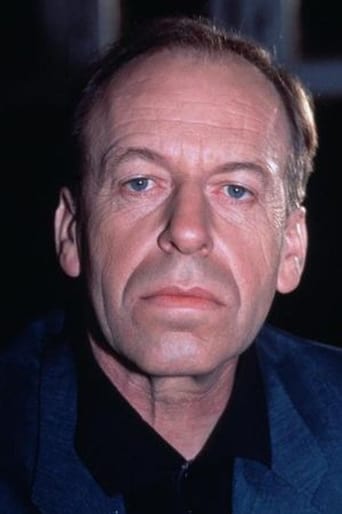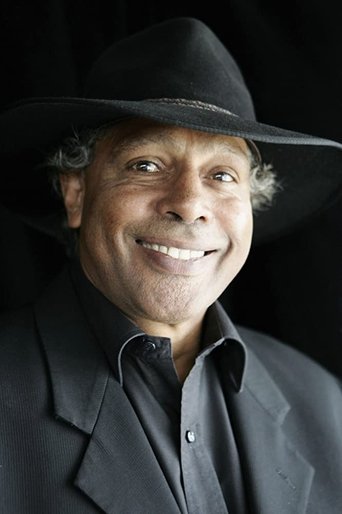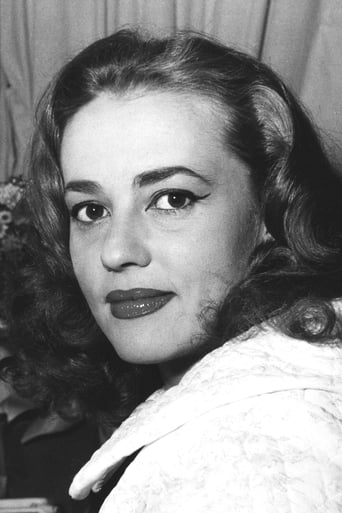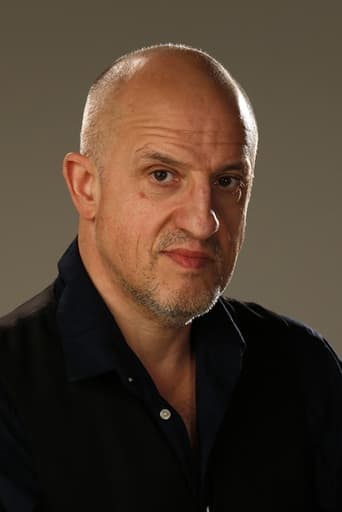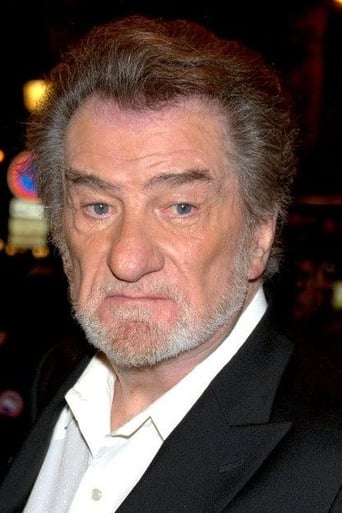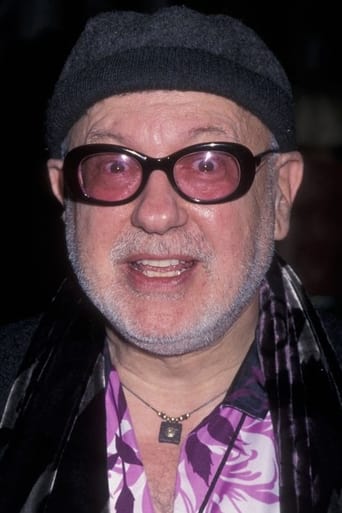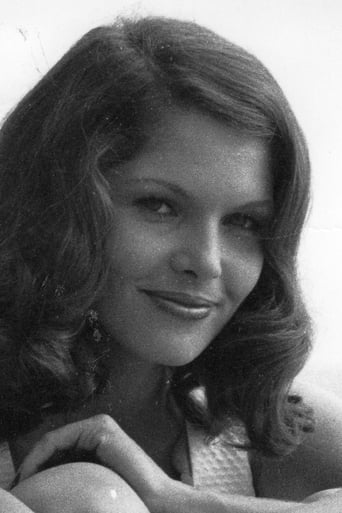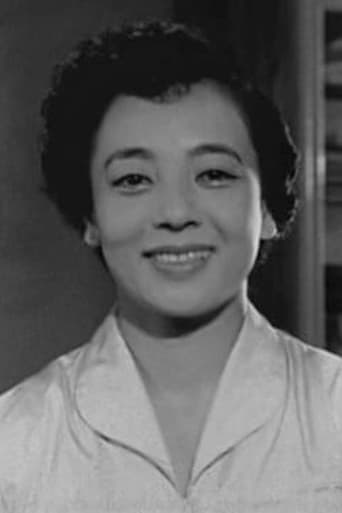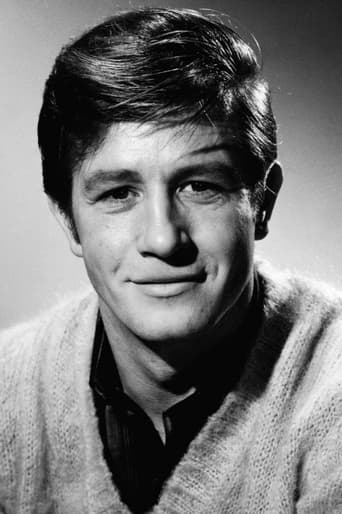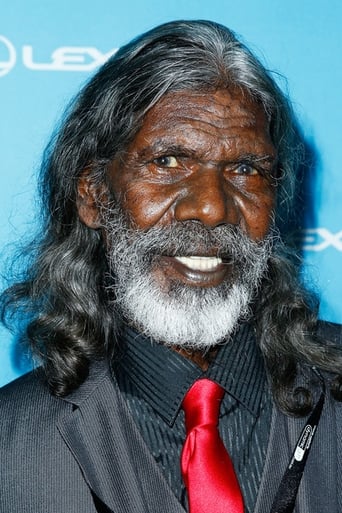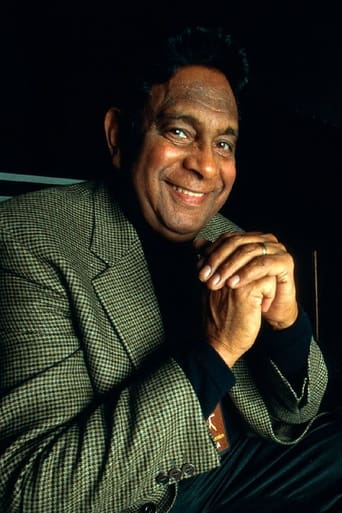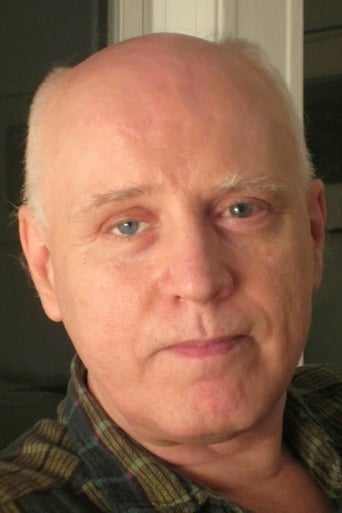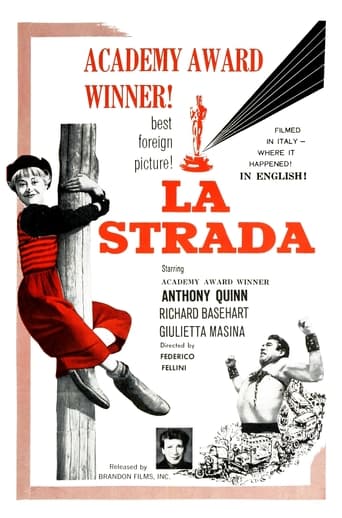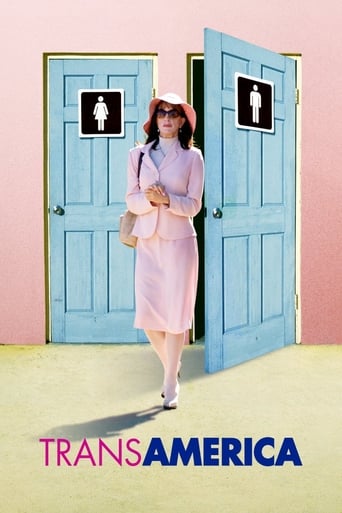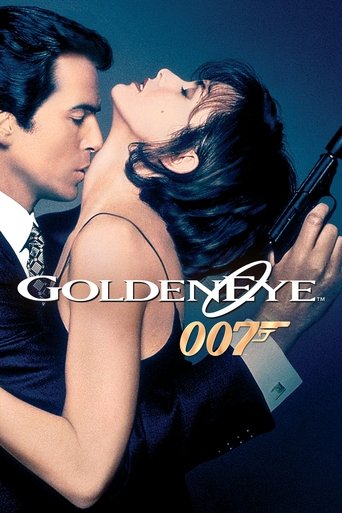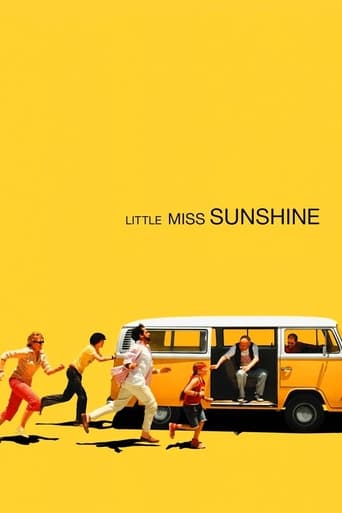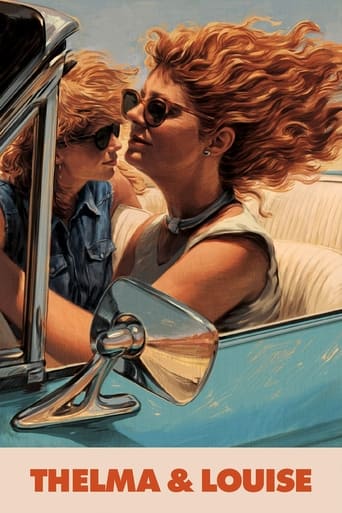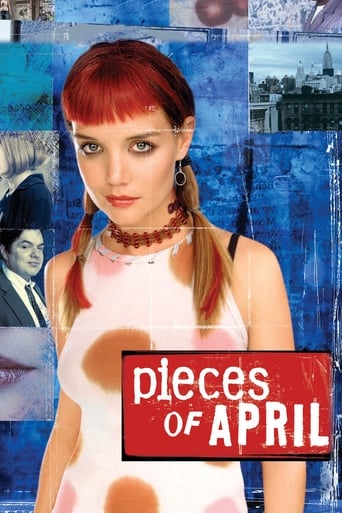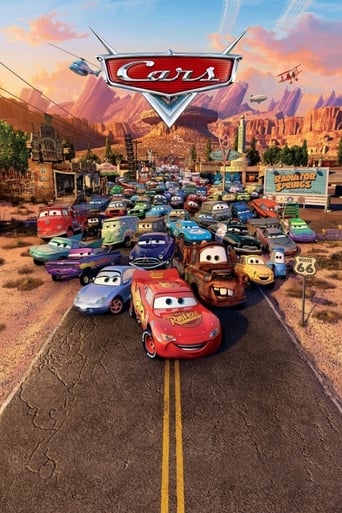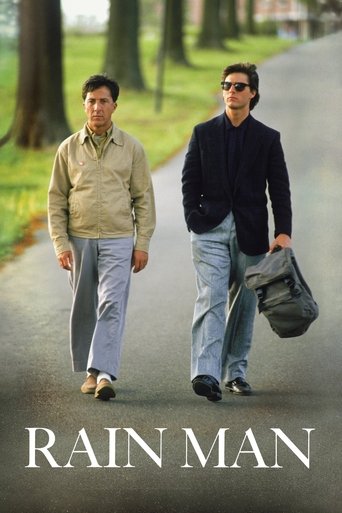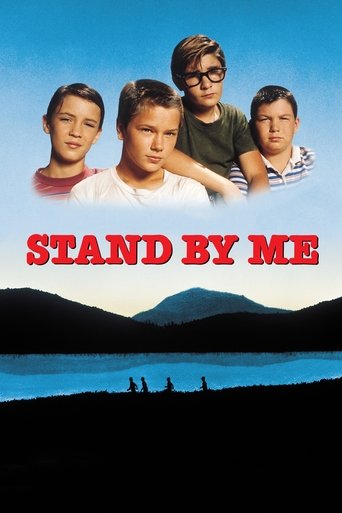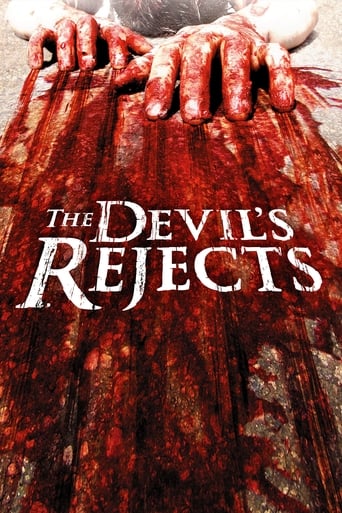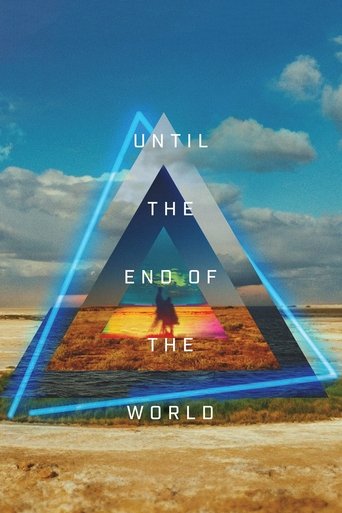
Until the End of the World (1991)
In 1999, a woman's life is forever changed after she survives a car crash with two bank robbers, who enlist her help to take the money to a drop in Paris. On the way, she runs into another fugitive from the law — an American doctor on the run from the CIA. They want to confiscate his father's invention – a device which allows anyone to record their dreams and visions.
- Wim Wenders
- Peter Carey
- Wim Wenders
- Wim Wenders
- Solveig Dommartin
- Solveig Dommartin
- Michael Almereyda
Rating: 6.8/10 by 195 users
Alternative Title:
Пока мир существует - RU
Jusqu'au bout du monde - FR
Até o Fim do Mundo - BR
Country:
Australia
France
Germany
Language:
English
Français
Deutsch
Italiano
日本語
Runtime: 02 hour 38 minutes
Budget: $23,000,000
Revenue: $0
Plot Keyword: satellite, road trip
**A Pharaonic work that went terribly wrong.** Have you ever tried to do something extremely complicated and ambitious and failed because of the enormity of what you were trying to do? I bet that even those to whom this has never happened will be able to name some examples: Pharaonic public works that went wrong or never came to fruition in full, private projects and companies that failed because of their own mistakes. There will be no shortage of examples, and I think we can add this film to that list, since the main flaw stems from the ambitions of its creator. Wim Wenders is one of the great German directors of our time and no one can deny him this merit, not even those who don't really appreciate his style, or who criticize him (with some propriety) for having transformed, in recent years, into that kind of director that he criticized at the beginning of his career. However, what he wanted to do in this film was a task far beyond his capabilities and ingenuity. An epic lasting more than twenty hours that was condensed into a summary of three and a half hours and, years later, partially restored in the form of the “director's version”, lasting almost six hours. I made the mistake of trying to see precisely the latter, believing that I was seeing the version closest to the creator's vision. However, what he gives us is so uninteresting and so confusing that I wasted my time. The story begins with the threat of an Indian nuclear satellite, which will crash to earth, and then introduces Claire, a young woman who seems to be looking for a direction in her life in the midst of a futile existence. After a car accident in which she meets two bank robbers, she agrees to take the stolen money to Paris, in exchange for a percentage. In the midst of this, she helps a mysterious man who appears to be fleeing from a murderer and who steals some of her money. Committed to recovering him, she follows him around the world and ends up hiring a private detective. As I believe you can already understand from this summary, the plot is not devoid of good ideas and had potential. With the characters always on the move, traveling the world, the film is not monotonous and has some potential for light comedy (although Wenders' humor is completely German, and we know what that means). However, the film gets lost in constant twists and turns that go nowhere. Circulating from one country to another, the plot wastes hours of our lives in a story without substance or content. Wenders doesn't spare us and gives us long scenes where the characters drive cars, walk or make phone calls. He looks like a five-year-old kid who starts telling his parents the most complicated story just to ask for a toy he saw in a store. This is what ruins the film and makes it unbearable. Oh, and of course, the issue of the falling satellite ends up completely forgotten in all this. The production values are quite good considering it's a European film and the millions from the Hollywood machine are absent from the equation. Wenders managed to create some somewhat futuristic elements such as public telephones with video calling or police motorcycles with a bold and bizarre appearance. The urban settings seem hostile, with all sorts of trash and graffiti. The cinematography is magnificent, and the director makes the most of it, as is usual in the films he makes, but on the other hand, the soundtrack is virtually inaudible and does not add any quality to the final work. Solveig Dammartin was a good choice for the main character. She is elegant, and gives her character a special charm throughout the film. Unfortunately, she can't do miracles with the material given to her. Sam Neill also makes the most of the occasion in the best way he can, but the film is far from being one of the best of his career, and the same can be said of William Hurt. Both are committed, and the work of this trio of actors ends up being the most redeeming value that the film has to present to us. Unfortunately, they are stuck with the incoming material, which completely kills their efforts.



